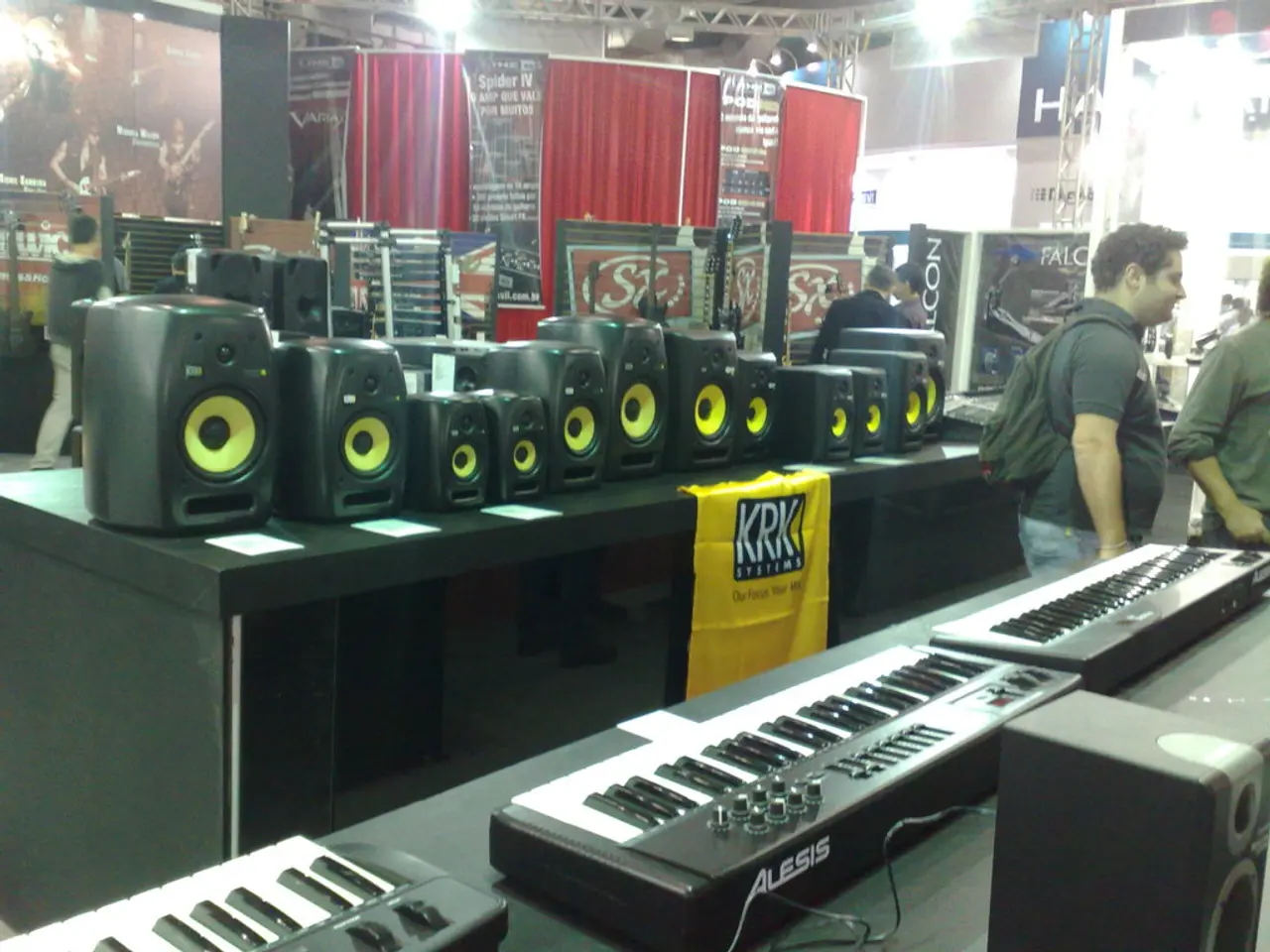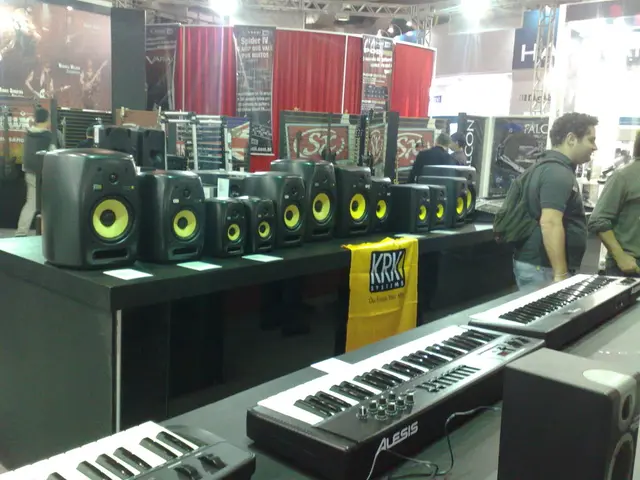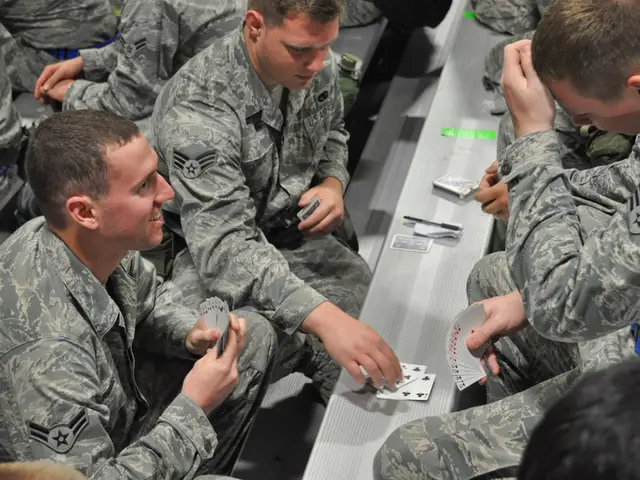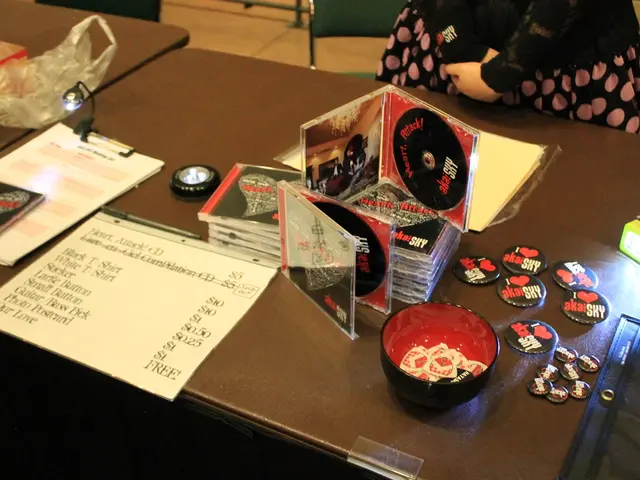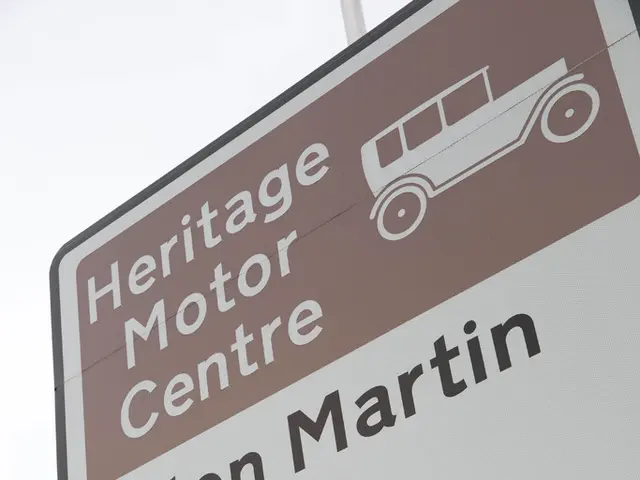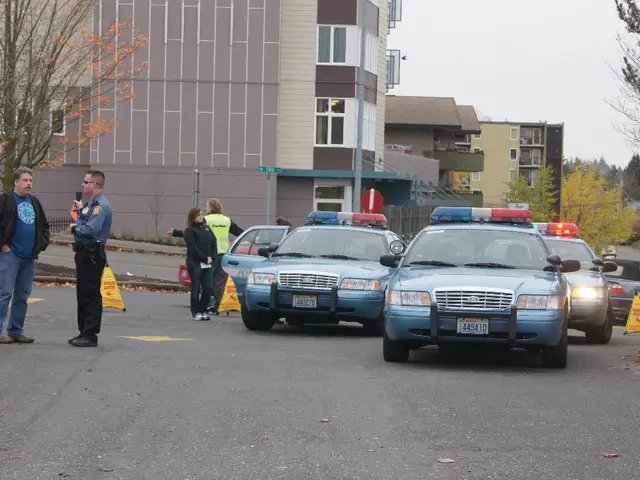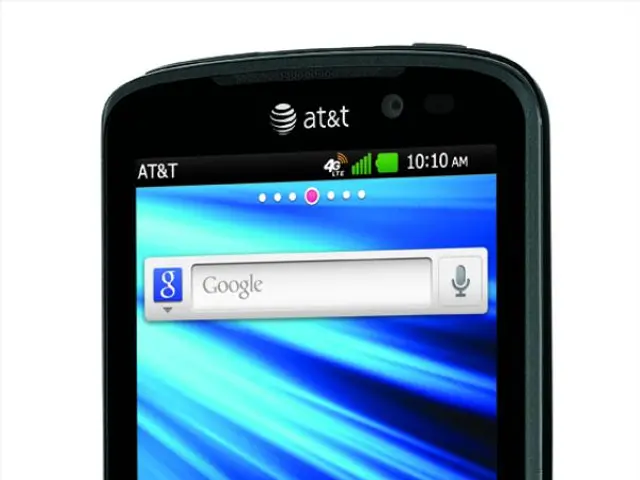Nevada authorities reject blackjack player's appeal, who claims a gambling edge
In August 2024, a blackjack player named Rahne Pistor participated in a promotional campaign at the M Resort in Henderson, Nevada. The campaign offered a $15,000 suited-blackjack payday and bonus payouts of 3-1 during blackjack games. Players received one voucher for every suited blackjack dealt in August, which included an entry into a raffle and eligibility for the bonus payout.
On Aug. 30, Pistor played blackjack and redeemed three of his vouchers after hitting three suited blackjacks. However, his play was deemed inconsistent, and he was investigated by the M Resort's surveillance team due to his unusual play. The compliance director testified that the investigation was done to prevent advantage players, and they noticed Pistor was counting cards.
Despite this, Pistor was still eligible for the promotional drawing after redeeming three of his bonus vouchers. However, he forfeited his $500 award because he wasn't present at the time of the drawing. Pistor claimed that the M Resort had entered into a contract with him by allowing him to play and earn the bonus tickets.
At a March hearing, Pistor argued that the M Resort had stolen something of value from him by not allowing him to redeem his bonus vouchers. He argued that under Nevada contract law, previous Board precedent, and standards of ethics and fairness in gaming, the bonus tickets should be allowed to be redeemed for their value.
The vice president of finance said there was no value in the promotional vouchers, and Pistor didn't make any wagers associated with the remaining seven vouchers. The director of marketing stated that based on statistics, Pistor would have had to play an additional 560 hands to hit seven more suited blackjacks and claim all his vouchers.
However, Pistor accused the M Resort of "bait and switch" and using libelous hearsay to justify not redeeming his bonus vouchers. He argued that the casino had lured him in with the promise of the promotional campaign and then refused to honour the bonuses when they suspected advantage play.
The Board agent noted that he didn't observe any fraudulent play by Pistor during his review of the surveillance video. The agent also emphasised that Nevada regulations require casinos to operate fairly under the Nevada Gaming Control Act and associated regulations, but they also grant casinos broad discretion to refuse service, including to advantage players participating in promotions if the casino suspects abuse or exploitation of promotional offers.
In this case, the M Resort argued that Pistor's play was inconsistent and not normal, and that he was using advantage play techniques that circumvented the intended use of bonuses. While card counting isn't illegal in Nevada, licensees can discourage advantage play.
The dispute may be addressed through filing a complaint with the Nevada Gaming Control Board (NGCB), which oversees casino licensing and enforcement of gaming laws to ensure fairness. If a player feels unfairly singled out or discriminated against, they can appeal to the NGCB, which reviews disputed cases and investigates whether the casino's actions were justified or arbitrary.
In summary, while Nevada gaming regulations balance consumer protection and casino discretion, players retain a right to challenge decisions made by casinos regarding advantage play in promotional campaigns through the state gaming control board. The NGCB has investigative authority to prevent arbitrary or unfair treatment.
Rahne Pistor, the card counter involved in the dispute at the M Resort in Las Vegas, claimed that the casino had used advantage play techniques to unfairly refuse him the redemption of his promotional vouchers. Despite this, Pistor resides in Las Vegas, a city known for its casino-gaming scene and casino-and-gambling attractions, including casino games like blackjack.
